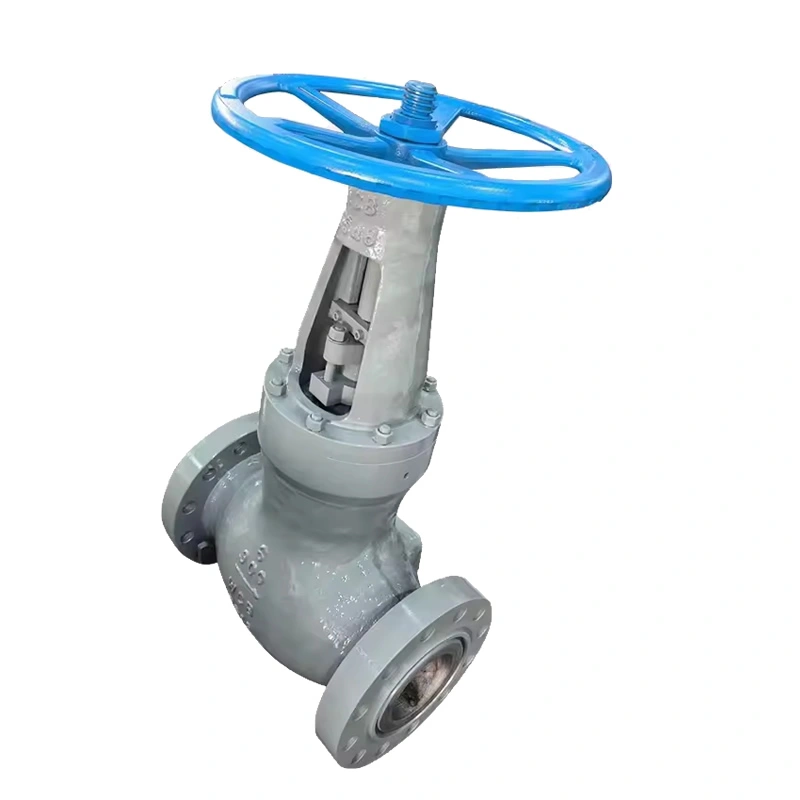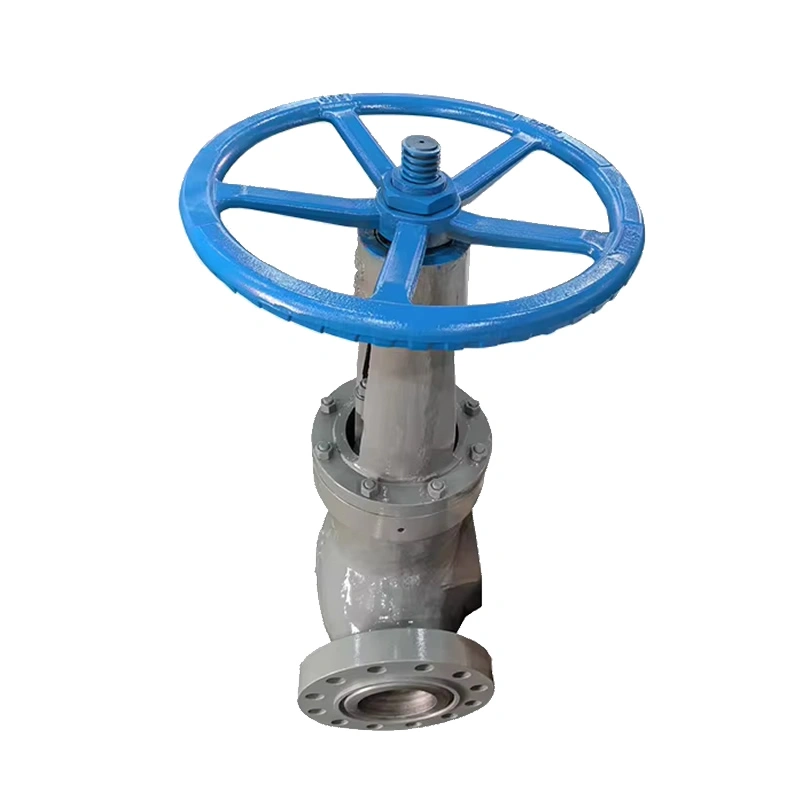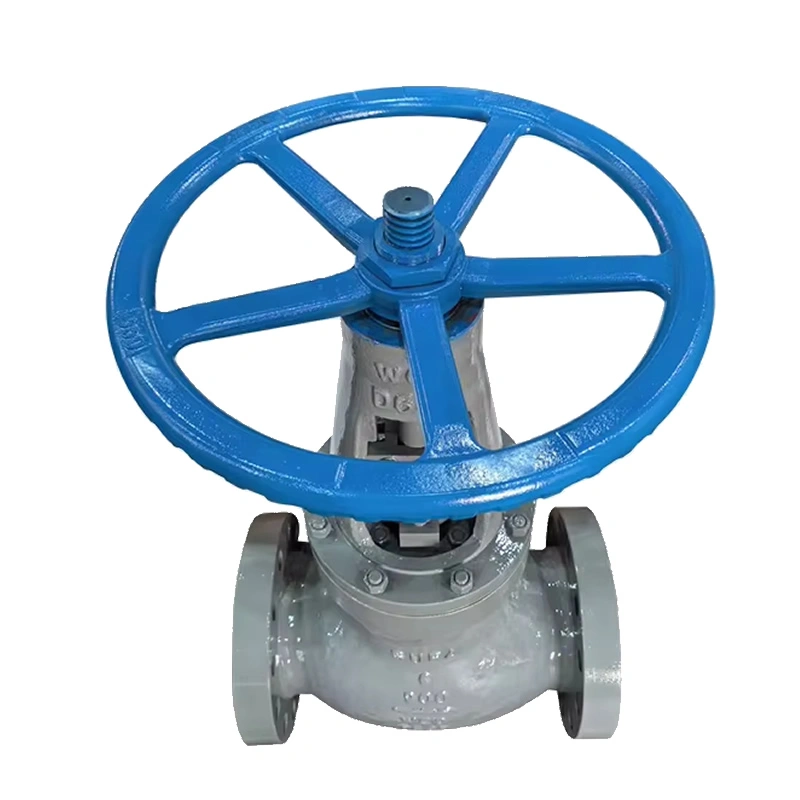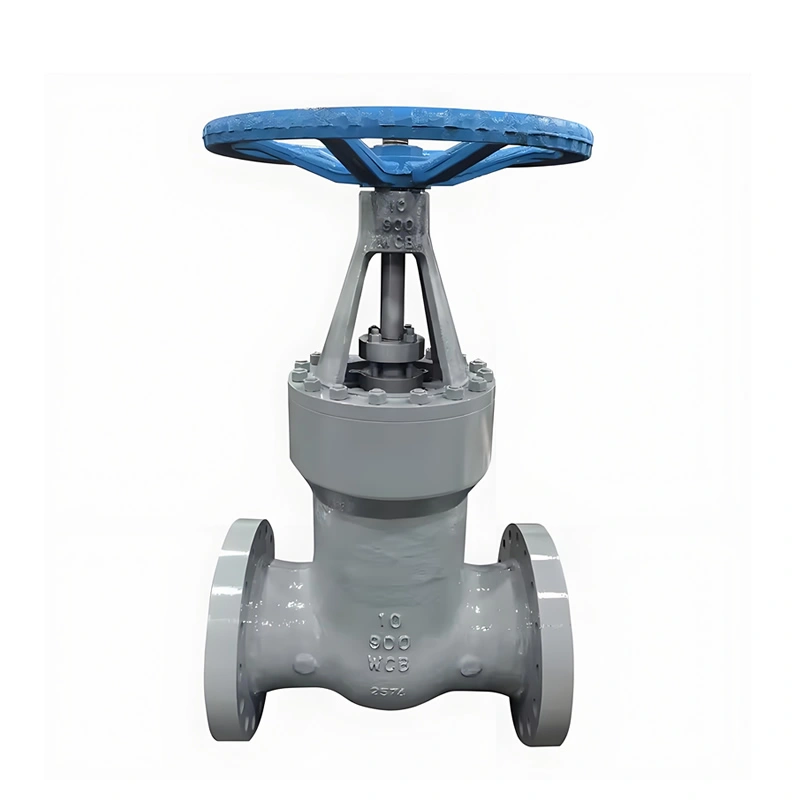Specification
API600 High Pressure Self Sealing Power Station Gate Valve
|
Execution standards |
APL, JIS, DIN, BS, ASTM, ANSI, GB, JB, NB, HG |
|
Pressure range |
Class150~Class2500Lb(PN16-PN420) |
|
Size range |
NPS1/2 “to NPS72” (DN15mm to DN1800mm) |
|
Material scope Forgings |
A105,F91.F11.F22,F5a, F6, LF1LC2,12Cr1MoV F36 F304.F316. F321H |
|
Material scope Castings |
WCB, LCB, LCC,WB36, WC6, C5, WC9, C12A,20CrMOV,CF8,CF8M,4A,5A,6 |
|
0perate Type |
Manual, electric,pneumatic, gear |
|
Valve type |
Power station valves, gate valves, globe valves, checkvalves |
|
Application |
power plants,petrochemicals,refining, natural gasmetallurgy |
|
Connection type |
Flange, welding, thread, FM, BW, SW |
|
Customization |
OEM/ODM/OSM/OBM |
Product Overview
API 600 High-Pressure Self-Sealing Gate Valve: NEWWAY Cast Steel and Alloy Steel Power Station Flange Gate Valve Professional Analysis
I、Product Overview: Sealing Solutions for High-Pressure Applications
NEWWAY’s API 600 high-pressure self-sealing gate valves are industrial valves designed to API 600 standards, suitable for harsh conditions involving high pressure, high temperature, and corrosive media. Manufactured from cast steel (A216 WCB) and alloy steel (A217 WC6, WC9, etc.), these valves feature a self-sealing structure, ensuring reliable fluid control in industries such as power stations, petrochemicals, and metallurgy. The core function lies in the precise fit between the gate and seat to intercept or circulate media, while using medium pressure to enhance sealing performance and eliminate leakage risks from traditional flange seals.
II、Core Features: Self-Sealing Design and Operational Adaptability
Advantages of Self-Sealing Structure
The self-sealing design ensures that the seal between the bonnet and body relies on the medium’s own pressure—the higher the pressure, the more reliable the seal. This design reduces bolt quantity and pre-tightening force requirements, simplifying installation and maintenance, especially for high-pressure systems ranging from Class 150 to Class 2500 (PN16 to PN420).
Wide-Range Operational Adaptability
Size Coverage: Port sizes from NPS1/2″ (DN15) to NPS72″ (DN1800) meet integration needs for different pipe diameters.
Temperature Resistance: Suitable for high, medium, and low-temperature media, with materials including WCB, WC6, WC9, CF8M, etc., adapting to -29℃ to 540℃.
Medium Compatibility: Supports various media such as water, oil, acids, and gases, widely used in corrosive or flammable environments.
Multi-Mode Operation and Connections
Operations include manual, electric, pneumatic, and gear-driven types to suit different automation needs. Connection types cover flanged, welded, threaded, BW (butt weld), SW (socket weld), etc., ensuring on-site installation flexibility.
III、Key Attributes: Technical Parameters and Standard Compliance
|
Parameter Category |
Specific Indicators |
|
Execution Standards |
API, JIS, DIN, BS, ASTM, ANSI, GB, JB, NB, HG, etc., ensuring global project adaptation. |
|
Material System |
– Forgings: A105, F91, F11, F22, 12Cr1MoV, F304, F316, etc.; |
|
Pressure Class |
Class 150 to Class 2500 (PN16 to PN420), covering low to ultra-high pressure conditions. |
|
Certifications |
Holds Special Equipment Production License, Special Equipment Type Test Certificate, ISO9001 Quality Management System Certification, etc., ensuring compliance. |
IV、Manufacturing Processes: Precision Control from Material to Finished Product
Raw Material Selection and Testing
Cast steel and alloy steel are procured strictly in accordance with ASTM and AISI standards, verified by spectral analysis and mechanical property testing to ensure composition and strength. Forgings use electroslag remelting processes to reduce impurity segregation and improve material density, especially for high-temperature and high-pressure steels like F91 and F22.
Precision Casting and Machining
Valve bodies adopt resin sand precision casting for high surface finish and precise dimensional accuracy. CNC machine tools are used for precision machining of seats and gates, combined with grinding to achieve a sealing surface roughness of Ra≤0.8μm, ensuring the fitting accuracy of the sealing pair.
Full-Process Quality Control
Pressure Testing: Each valve undergoes shell strength testing (1.5x design pressure) and sealing testing (1.1x design pressure) to ensure no leakage.
Nondestructive Testing: Key welds use RT (radiography), UT (ultrasonic) testing; casting surfaces undergo MT (magnetic particle) or PT (penetration) inspection to eliminate defects like cracks.
Performance Verification: Simulates high-temperature and high-pressure conditions for life cycle testing, ensuring sealing performance remains intact after 5,000+ cycles.
Valve Details
V、Product Advantages: Core Competence in Industrial Applications
Safety and Reliability
The self-sealing structure eliminates leakage risks from bolt loosening, and the thickened body design enhances pressure resistance, suitable for safety-critical scenarios like nuclear power plants and high-pressure oil pipelines.
Long Service Life and Low Maintenance
Sealing surfaces are hard-faced with Stellite alloy for wear and corrosion resistance, extending valve life. The self-sealing structure reduces sealing component replacement frequency, lowering maintenance costs.
Customization Service Capability
Supports OEM/ODM/OBM customization, adjusting materials (e.g., sulfur-resistant components), operation modes (integrated smart positioners), connection standards (compatible with European EN or Japanese JIS systems), and even providing non-standard designs for special conditions.
Full-Cycle Service Support
Offers a 1-year warranty with a dedicated technical support team for installation and debugging. Sufficient inventory ensures delivery of standard models within 7 days, and bulk orders support phased delivery to meet project schedules.




